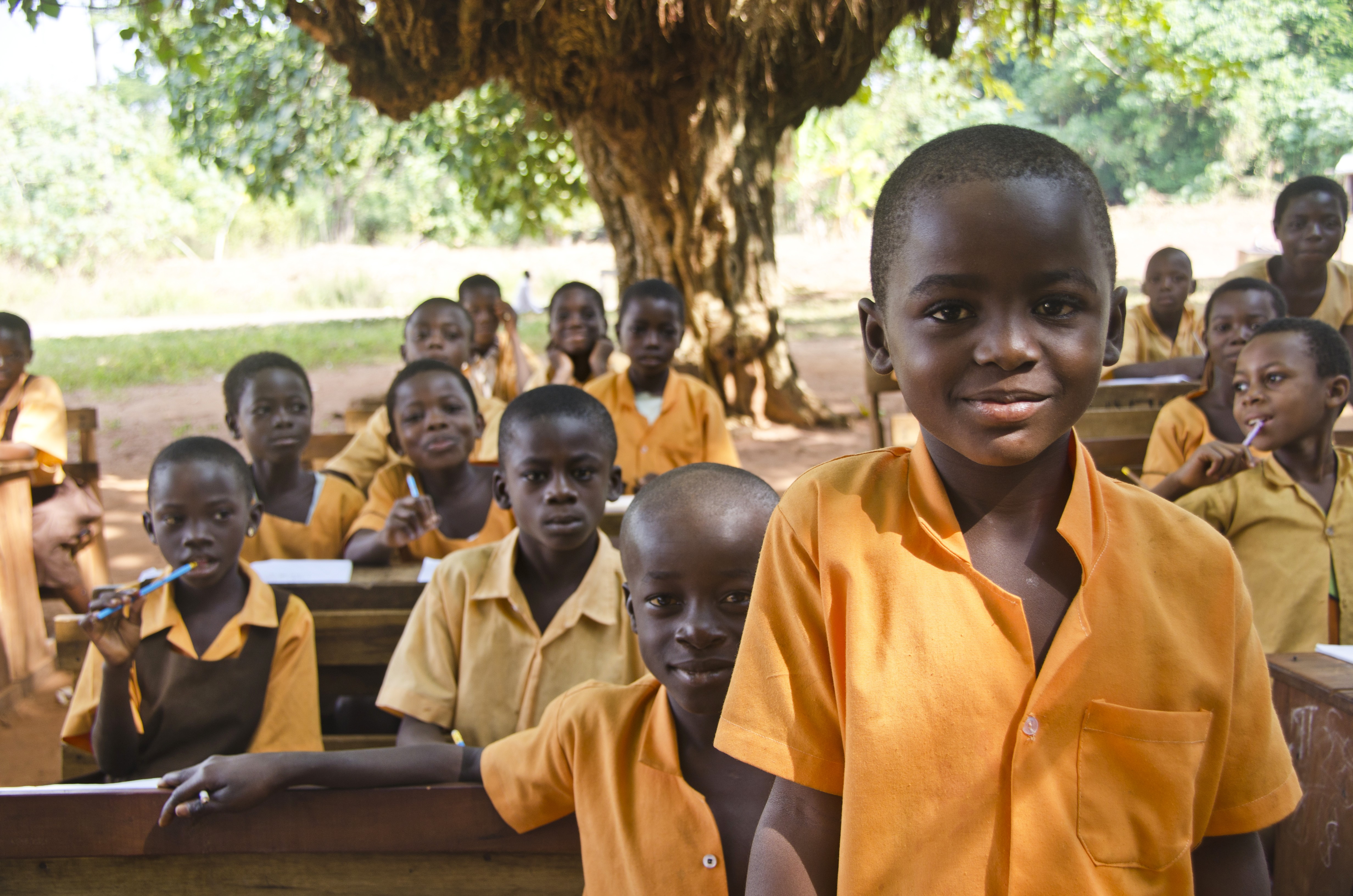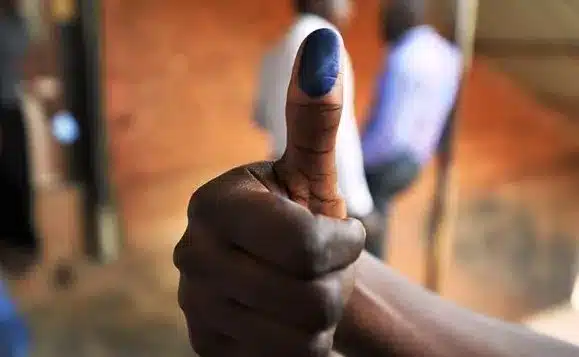Election Day in Ghana is more than a democratic ritual—it’s a defining moment for the nation. Today, millions of Ghanaians will head to polling stations to decide who will lead them for the next four years. Yet, beyond the fanfare, debates, and party colours lies a sobering truth: the decisions made at the ballot box will have far-reaching consequences for the country’s future.
Ghana is at a crossroads. Economic challenges, rising youth unemployment, inadequate infrastructure, and public dissatisfaction with governance loom large. Against this backdrop, the electorate faces a critical task: to vote not based on tribal loyalties or party slogans, but on competence, integrity, and vision.
The Cost of Poor Leadership
Elections are not just about selecting leaders; they are about charting the trajectory of a nation. Ghana, despite being a beacon of democracy in Africa, continues to grapple with challenges that have been exacerbated by mismanagement and short-term political thinking.
Economic instability, marked by a depreciating cedi and inflation that burdens ordinary citizens, has been a persistent issue. Poor healthcare systems, unreliable power supply, and a crumbling education sector remind Ghanaians daily of the consequences of poor governance. These are not abstract problems; they directly impact the lives of voters—children without quality schools, farmers struggling with rising costs, and small businesses closing due to economic uncertainty.

Elections present a chance to break this cycle. Voting wisely is the electorate’s tool to demand accountability, reject mediocrity, and reward competence.
Beyond Promises: Holding Politicians Accountable
In every election, political parties inundate the public with grand promises—jobs for all, better infrastructure, and a stronger economy. But how many of these promises are fulfilled? It is the duty of the voter to critically evaluate candidates and parties, examining their track records, feasibility of their policies, and their ability to deliver on their commitments.
Blind allegiance to parties or voting based on tribal affiliations is a disservice to Ghana’s progress. Leadership should not be handed to individuals who merely seek power for personal or partisan gain. Instead, Ghanaians must demand leaders who prioritize national interests over their political careers.
The Role of the Electorate in Shaping the Future
The power of the vote cannot be overstated. Each ballot cast is a statement of hope or discontent, a call for continuity or change. Yet, too often, voters succumb to short-term incentives—cash handouts, gifts, or vague promises—forgetting the long-term implications of their choices.
Wise voting means looking beyond the immediate. It requires understanding that a leader’s competence and moral compass will determine whether Ghana achieves sustainable development or continues to tread water. It’s about asking hard questions:
- Will this candidate prioritize the youth who make up the majority of the population?
- Do they have a plan to address the economic crisis without shifting the burden onto the vulnerable?
- Can they unite a deeply polarized nation and govern with fairness and justice?

The Danger of Apathy
Equally dangerous as unwise voting is voter apathy. Some Ghanaians, disillusioned by repeated failures of leadership, may choose to abstain from voting altogether. While frustration is understandable, disengagement only perpetuates the status quo. Failing to vote is, in essence, surrendering the power to shape the future.
Ghana needs active citizens who are not only willing to vote but also to engage in the democratic process beyond Election Day. Holding leaders accountable, staying informed, and participating in civic discourse are essential for a vibrant democracy. Just as our president advised some years ago during his inauguration speech, “Let us be citizens, not spectators.“
The Weight of a Single Vote
In sum, today’s election is not just about deciding the next president or parliamentary representatives; it’s about the future of Ghana. Every vote cast will contribute to shaping the nation’s path—towards progress or stagnation, hope or despair.
Ghanaians must approach the ballot box with clarity and resolve, voting not for personal gain or party loyalty, but for leaders who embody integrity, competence, and vision. This is not just an election; it’s an opportunity to demand better for the country.

A vote cast wisely is a vote for accountability, development, and a brighter future. Ghana deserves nothing less.

